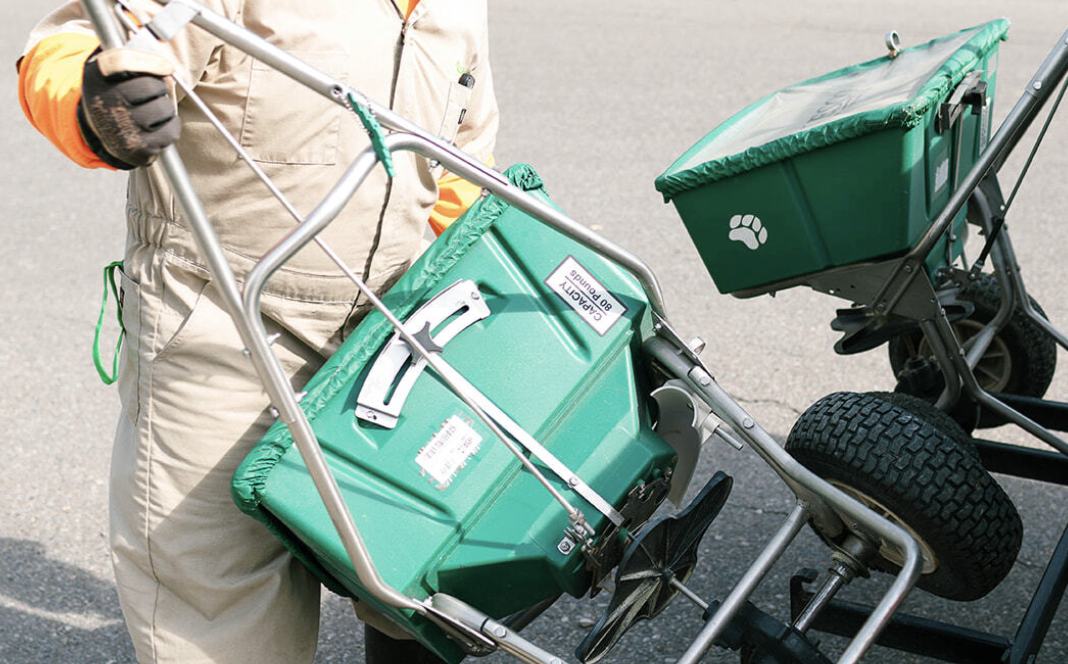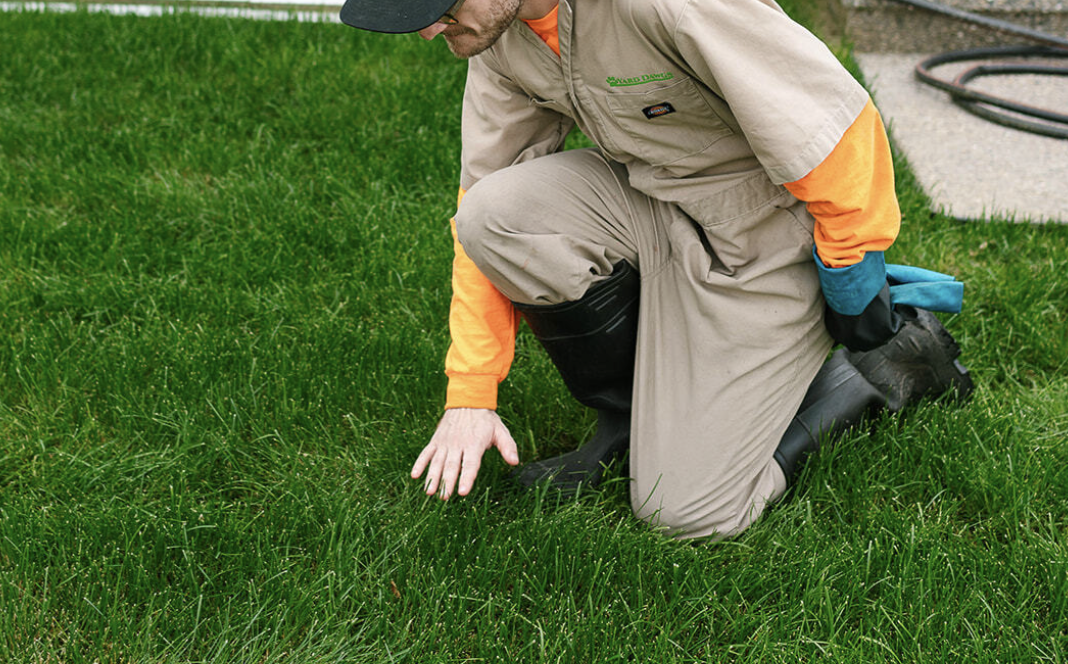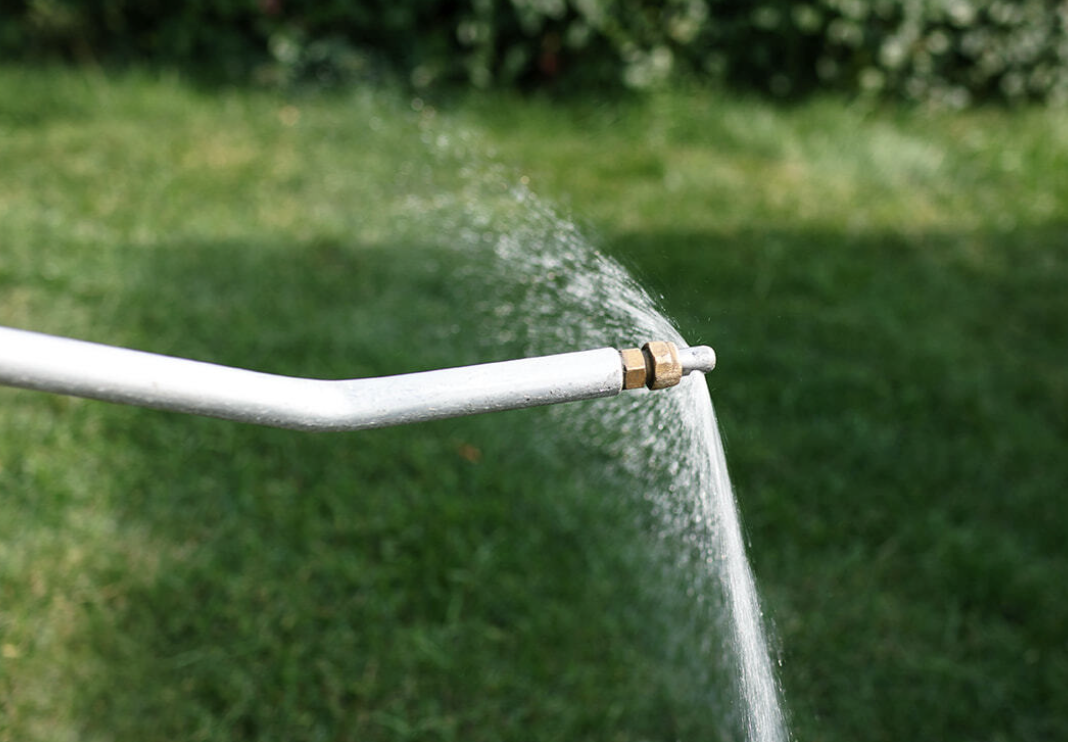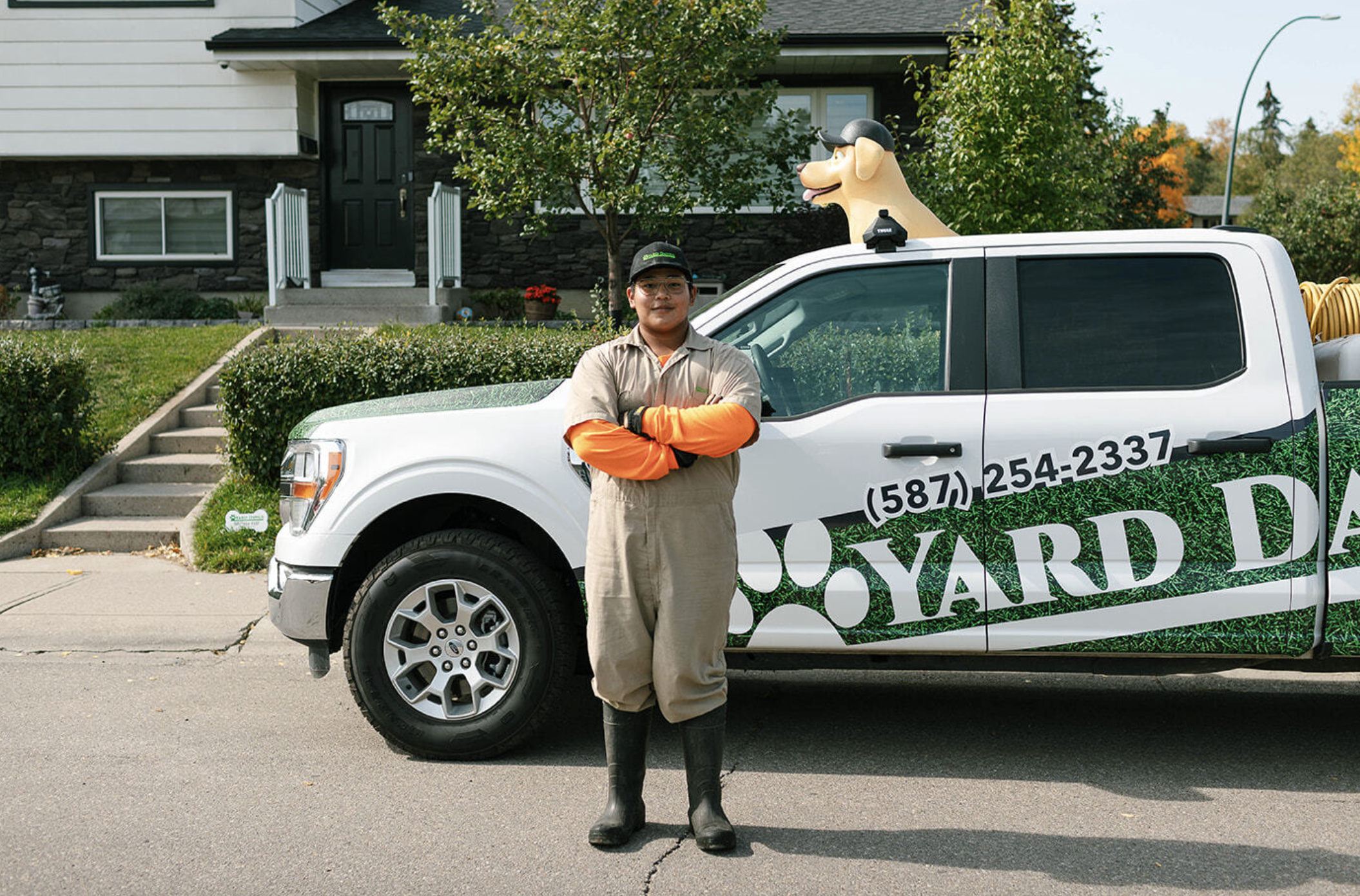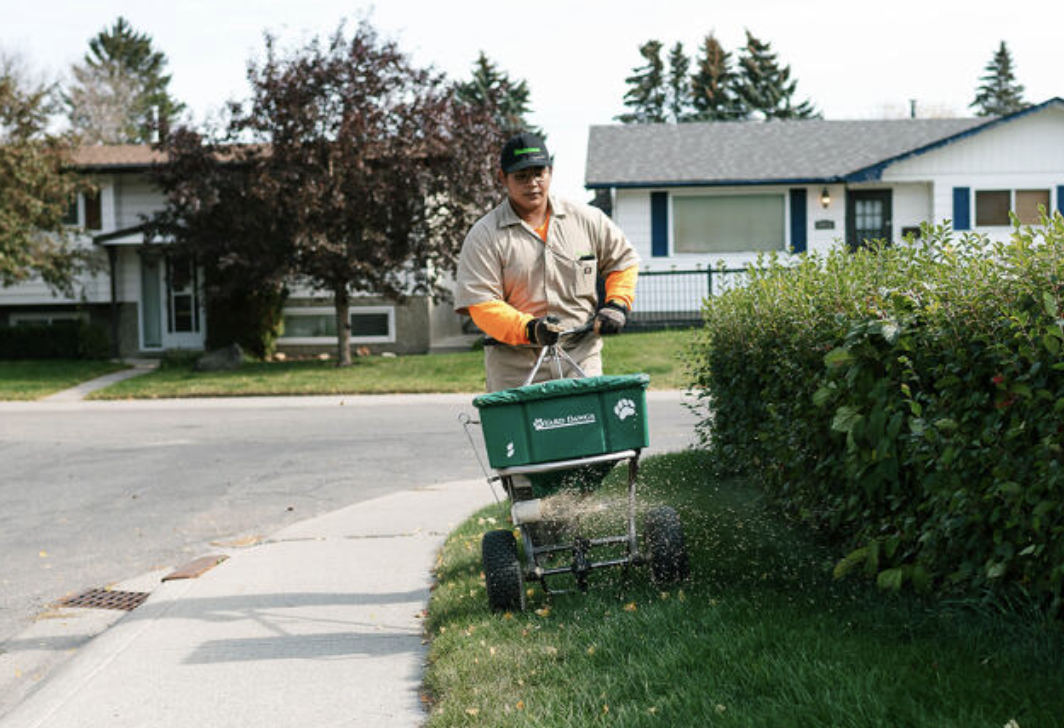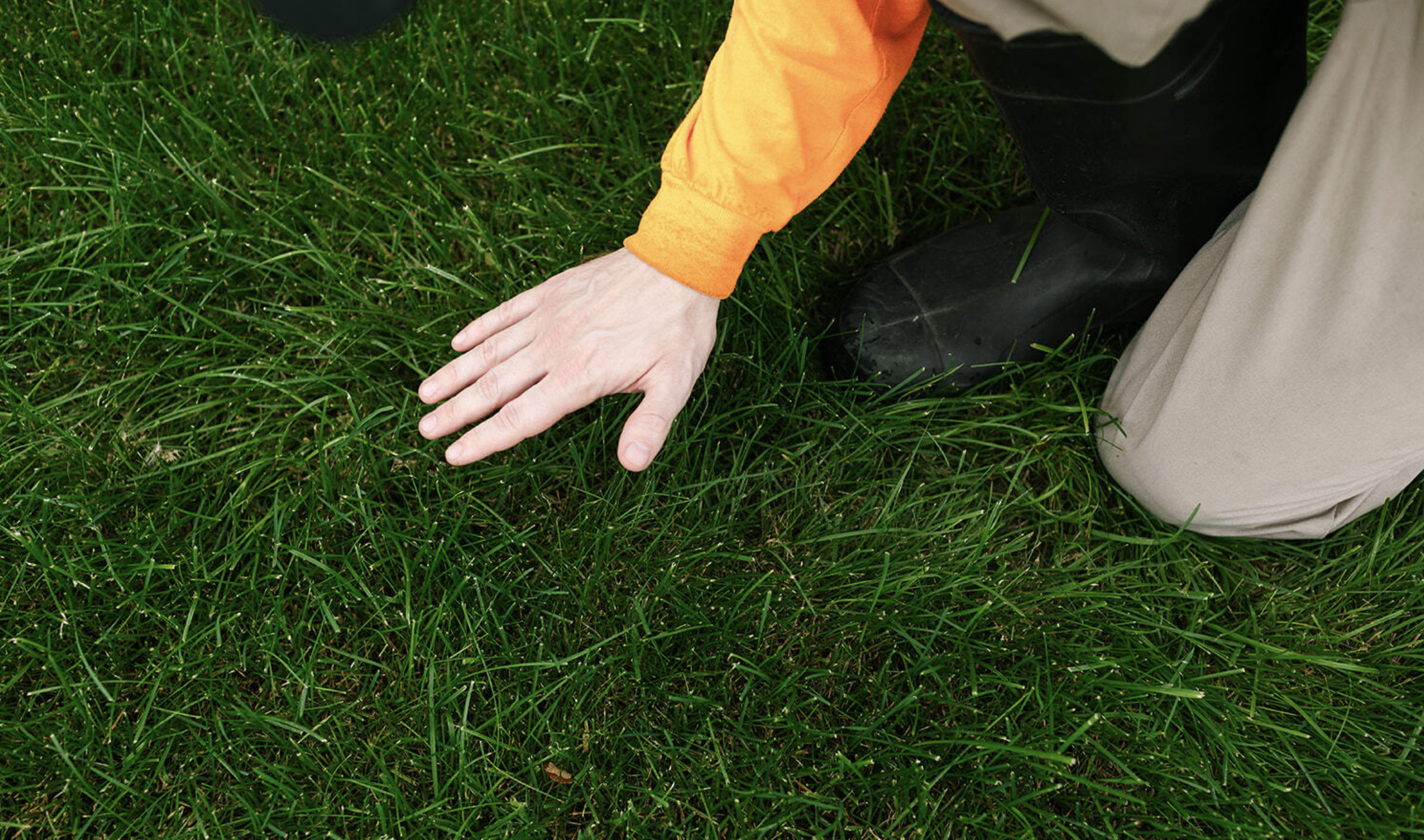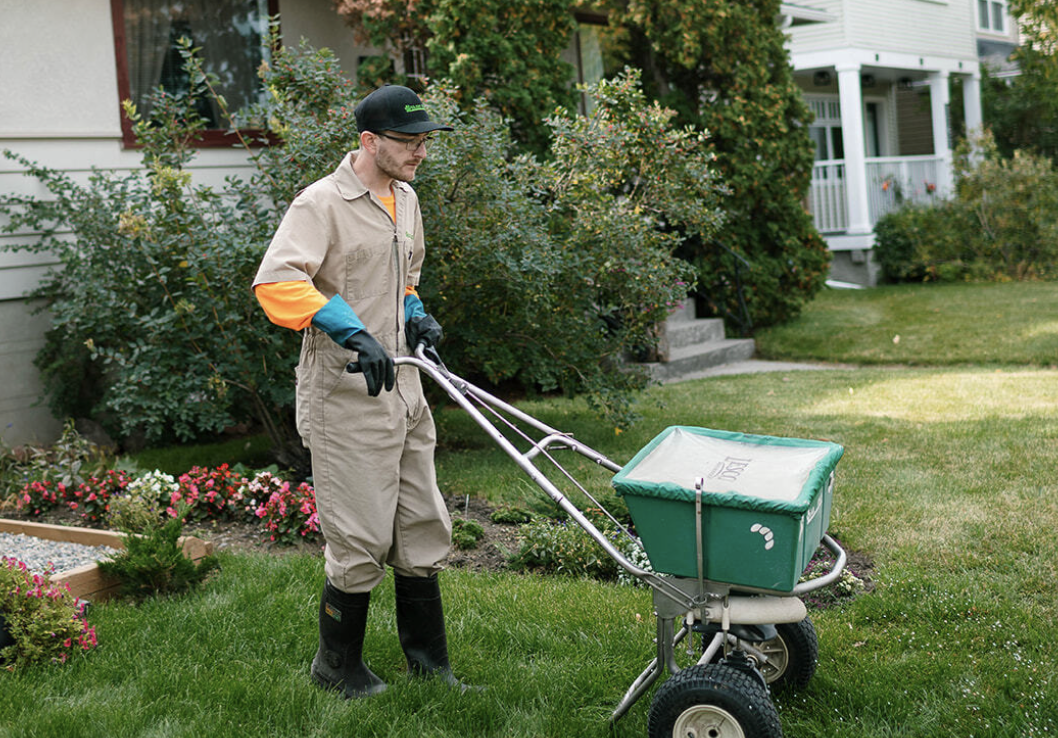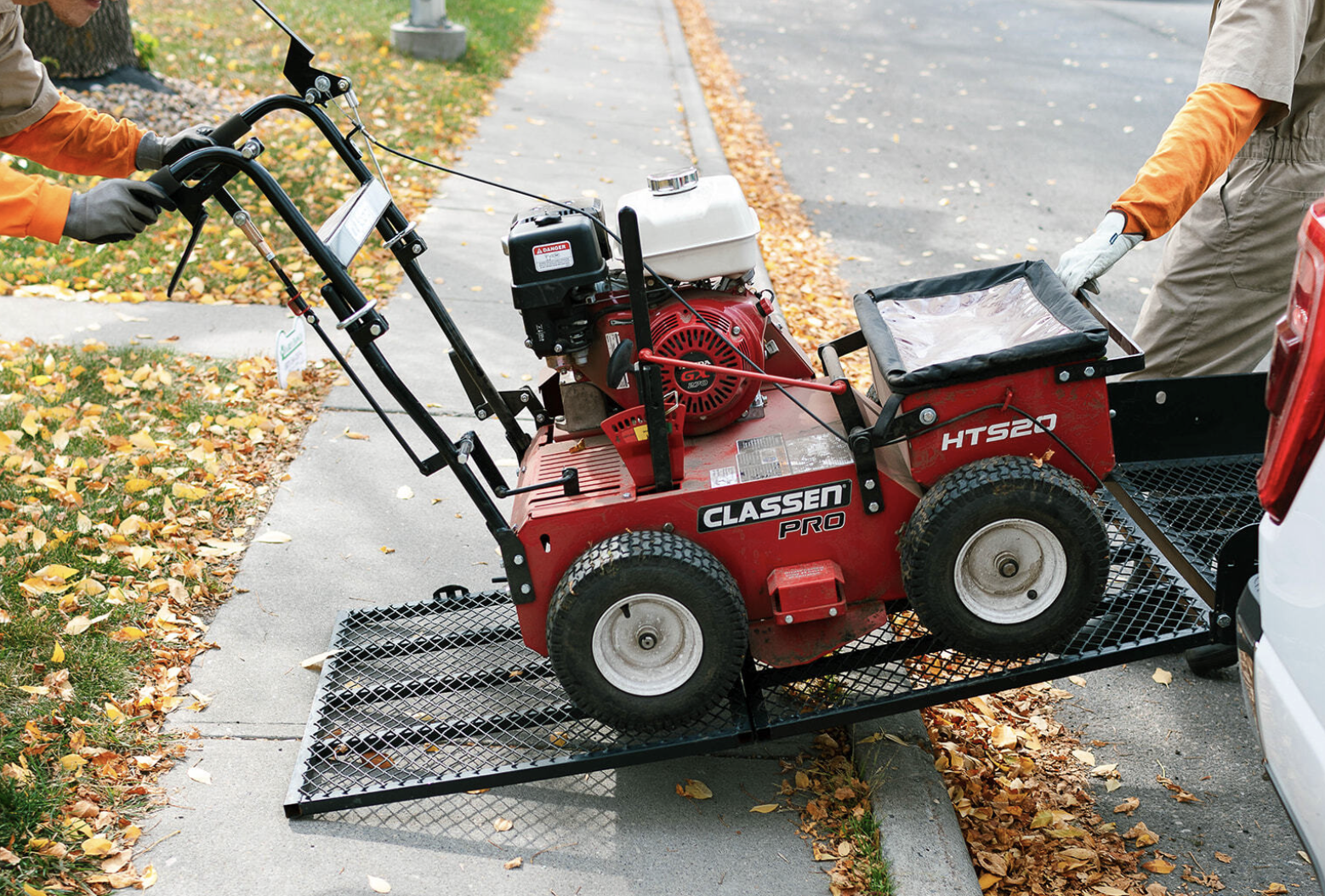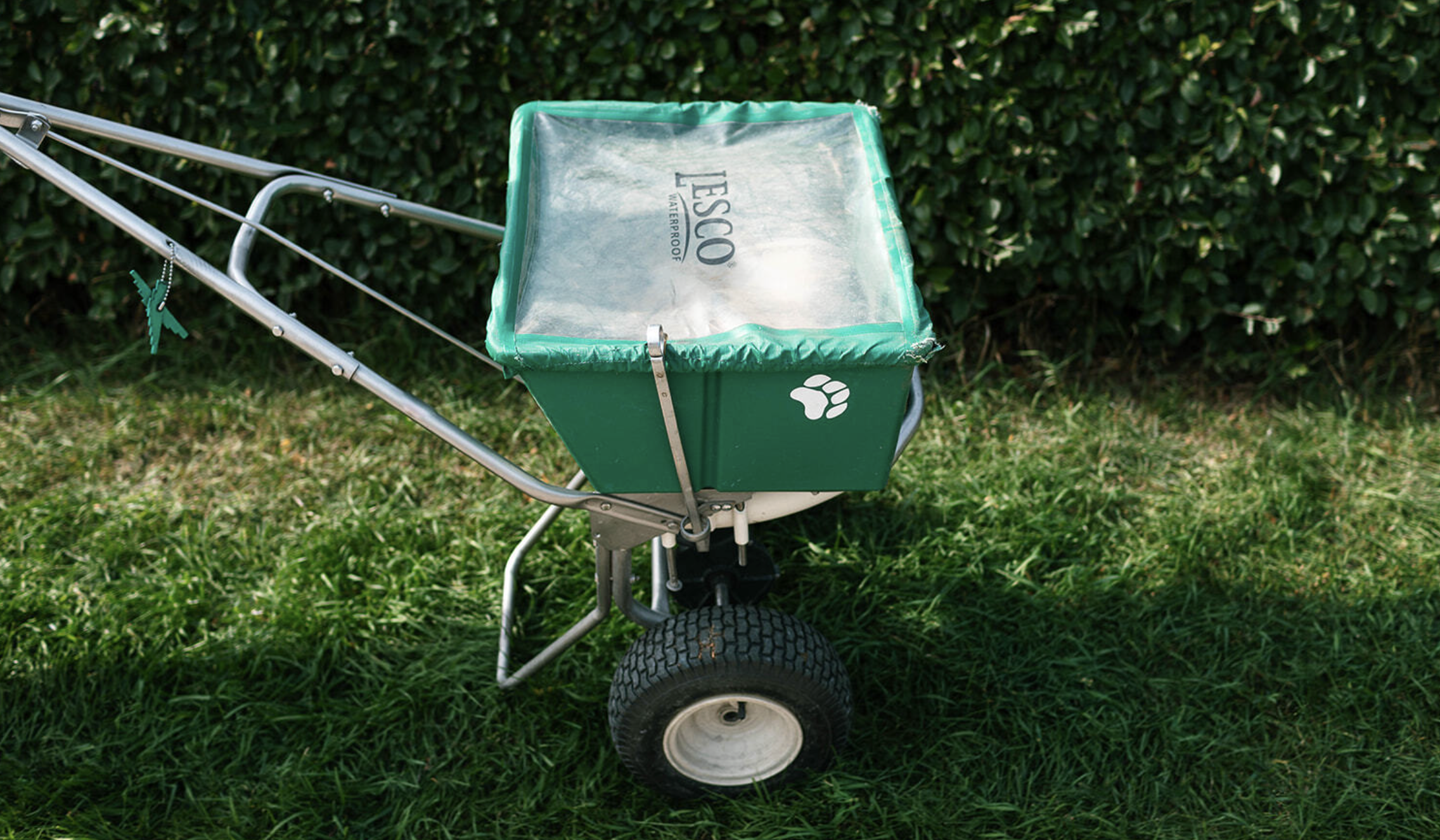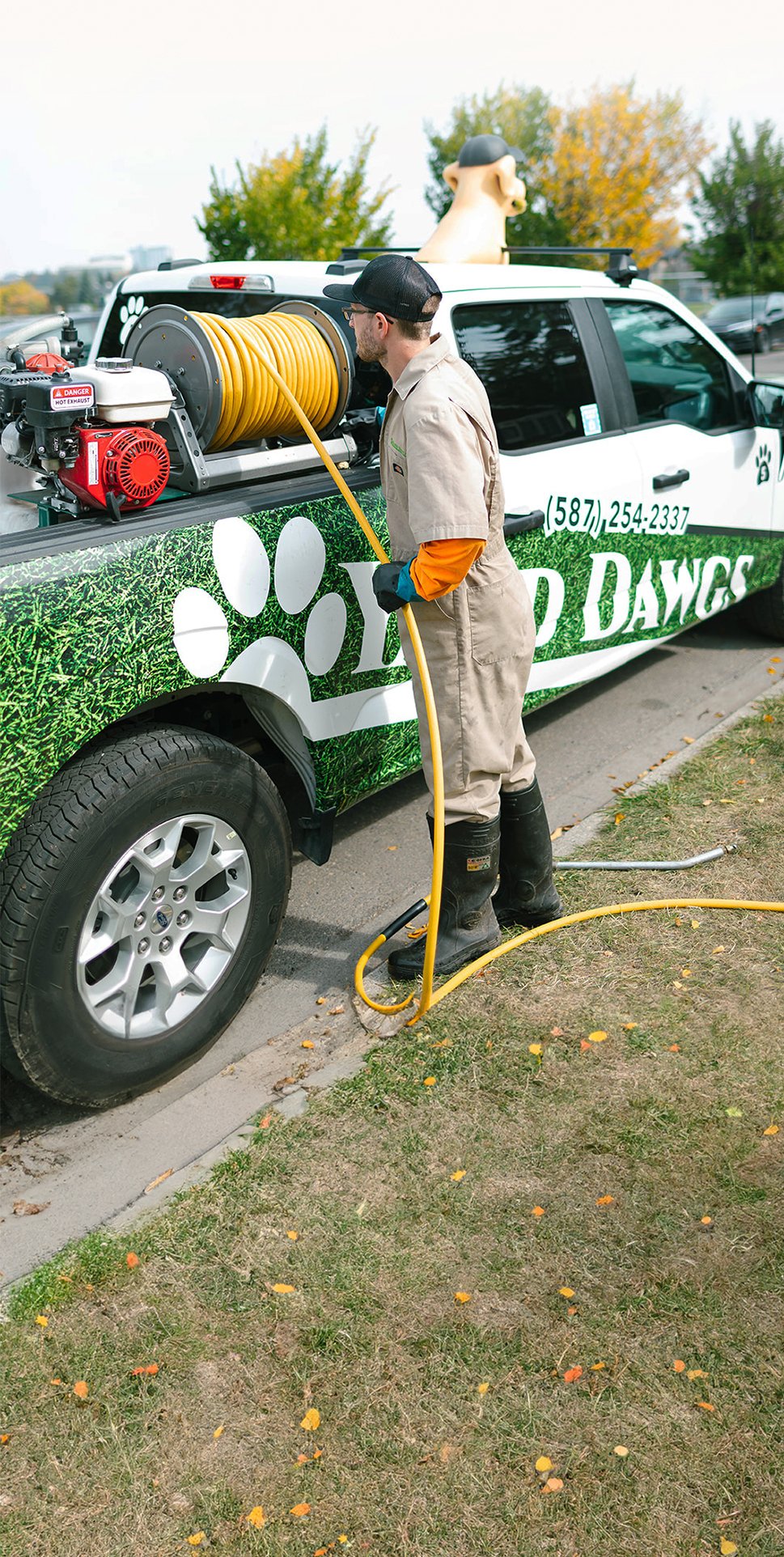Weeds can quickly take over even the healthiest Alberta lawns and gardens. They compete with your plants for sunlight, water, and nutrients if left unchecked.
This guide will help you identify the most common weeds in Alberta, understand why they’re a problem, and learn practical tips for controlling them effectively.

Why Weed Control Matters
A few weeds might not seem like a big deal at first. However, once they take hold, they can spread quickly and create a number of problems:
- Weeds steal essential nutrients, sunlight, and moisture from desirable plants.
- Some weeds release chemicals that inhibit the growth of surrounding vegetation.
- Many weeds can host pests or diseases that affect lawns and gardens.
A proactive approach to weed control helps maintain soil health, boosts plant growth, and improves your yard’s appearance.
Identifying Common Lawn and Garden Weeds in Alberta
First, let’s take a look at the common lawn weeds you need to look out for. Proper identification of common weeds in Alberta is the first step toward preventing them from overtaking your lawn or garden. By recognizing the most frequent offenders, you can take targeted action to control them before they spread.
Some of the common weeds in grass you may encounter include dandelions, crabgrass, clover, and chickweed. Each of these weeds has unique growth patterns and signs, such as leaf shape, flower color, or root structure, that make them easier to identify. Learning how to distinguish between these common weeds and healthy grass or garden plants will help you address issues quickly and efficiently.
In addition, keeping a visual reference of identification common weeds in Alberta ensures you can spot new growth early. Early detection allows for timely removal, whether through manual weeding, natural treatments, or targeted herbicides, helping maintain a lush and healthy lawn throughout the season.
Dandelions
Dandelions are one of the most recognizable weeds in Alberta. They have deep taproots that make them difficult to remove completely by hand. If any part of the root remains, the plant can regrow.
Creeping Bellflower
This aggressive weed has heart-shaped leaves and tall spikes of purple bell-shaped flowers. Although it may look attractive at first, creeping bellflower can quickly dominate flower beds and lawns if left alone.
Canada Thistle
Canada thistle is a spiny perennial with light purple flower clusters. It can grow in dense colonies, especially in areas with disturbed soil. It has an extensive root system that can easily spread underground and re-emerge even when cut or pulled.
White Clover
White clover is a low-growing weed with small white flowers and trifoliate leaves. While some homeowners tolerate it due to its nitrogen-fixing properties, it can take over grass and create uneven lawn surfaces.
Quackgrass
Quackgrass is a fast-growing perennial grass that looks similar to regular turfgrass but spreads aggressively through underground stems.
Best Practices for Weed Prevention and Control
As far as we are clear on the main types of common weeds found in Alberta, let’s take a brief look at the best practices for weed prevention and control.
Maintain a Healthy Lawn
A dense and healthy lawn is your best defense against weed invasion. Grass that is thick and well-fed shades the soil and makes it harder for weeds to germinate.
- Mow regularly at the recommended height for your grass type.
- Water deeply and infrequently to encourage deep root growth.
- Fertilize during the growing season to promote strong turf.
Hand Pulling and Digging
For smaller infestations, especially in garden beds, pulling weeds by hand can be effective. Be sure to remove the entire root system to prevent regrowth.
A weeding tool or hand trowel can make the process easier, particularly for deep-rooted weeds like dandelions or thistles.
Mulching Garden Beds
Mulch helps suppress weed growth by blocking sunlight and retaining soil moisture. Organic mulches such as bark chips, straw, or compost also improve soil quality over time.
Apply mulch at a depth of two to three inches and refresh it as needed to maintain coverage.
Use Targeted Herbicides
For large infestations or persistent weeds, selective herbicides can be an effective solution. Look for products labeled for the specific weed type and follow application instructions carefully.
Always apply herbicides during calm weather and avoid spraying near edible plants or water sources.
Regular Monitoring and Maintenance
Weed control is not a one-time job. Make it a habit to inspect your lawn and garden regularly.
- Remove new weeds before they flower or go to seed.
- Reseed thin lawn areas to prevent openings for weed growth.
- Adjust watering and mowing habits based on seasonal changes.
Invasive Weeds to Watch For
In addition to the more common varieties, Alberta is also home to several invasive weed species that require extra attention.
Oxeye Daisy
This weed resembles a wildflower but quickly becomes invasive. It has white petals and yellow centers and grows in clumps.
Oxeye daisy can reduce pasture quality and outcompete native plants. It spreads through seeds and underground roots.
Scentless Chamomile
Often mistaken for a daisy, scentless chamomile grows along roadsides and in disturbed soils. It produces masses of white flowers and can quickly spread across open areas.
This weed is considered noxious in many regions of Alberta and should be removed promptly.
When to Call in the Experts
While DIY weed control methods can be effective, sometimes the problem becomes too widespread or stubborn to handle alone. If you are seeing recurring infestations or have trouble identifying a particular weed, professional help may be the best option.
Local experts understand Alberta’s soil types, seasonal patterns, and specific weed pressures. They can recommend customized treatments that are safe, effective, and long-lasting.
Keep Your Yard Weed-Free with the Right Approach
Managing weeds in Alberta requires a mix of proper identification, timely removal, and preventive care. By staying consistent with your lawn and garden maintenance, you can keep invasive weeds from taking over and protect the health of your plants. For professional help and long-lasting results, explore weed control services from Yard Dawgs.


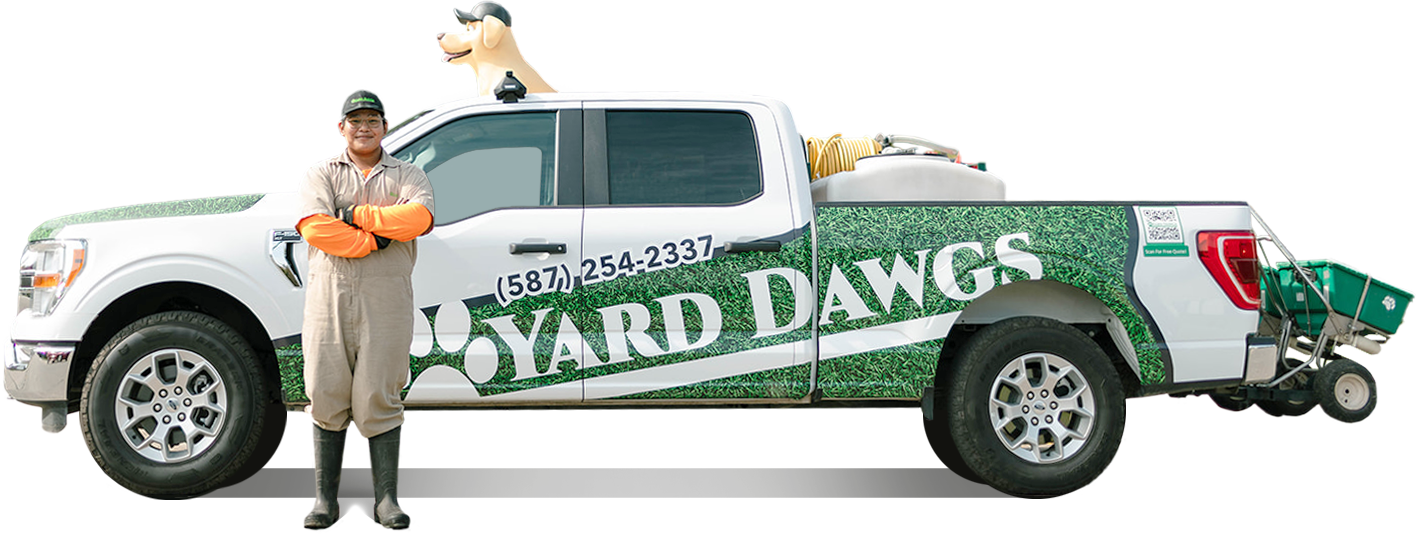


.png)
